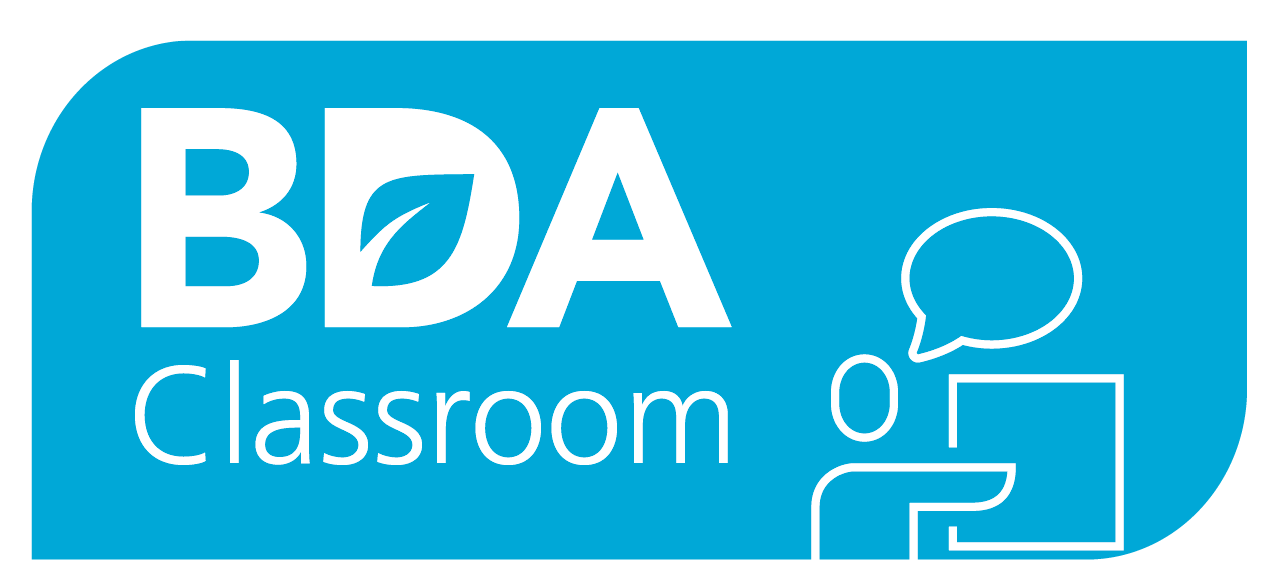This course aims to present the latest research and clinical practice guidelines to facilitate the delivery of The LOW FODMAP (fermentable oligosaccharides, disaccharides, monosaccharides and polyols) Diet to support the management of irritable bowel syndrome (IBS). It is for dietitians who currently manage, or are keen to develop knowledge in managing, adults with IBS. The course is taught through self-directed learning and an interactive workshop.
Aim
To develop the necessary dietetic knowledge and skill to be able to safely and effectively educate service users on the principles of the Low FODMAP Diet, to support the management of IBS symptoms.
Learning Outcomes
By the end of this course, dietitians should be able to:
· Understand and explain what The Low FODMAP Diet is, and its role in supporting the management of IBS
· Discuss circumstances where implementation of The Low FODMAP Diet is not appropriate
· Implement an individualised restriction phase of the Low FODMAP Diet, using behaviour change skills, accounting for personal preferences, cultural diversity, and socioeconomic status
· Consider when it might be appropriate to use a ‘gentle FODMAP’ approach, rather than implement the full restriction phase.
· Review and evaluate the effectiveness of an individual’s progress with the Low FODMAP Diet, using appropriate outcome measures
· Implement the reintroduction and personalisation phase of the Low FODMAP Diet
· Apply troubleshooting strategies for when the low FODMAP diet does not improve IBS symptoms
Self-directed learning
Before the workshop
· Attendees must complete the e-Learning module
· Research FODMAPs similarly to a member of the public online
After the workshop
· Consider the differences between your pre-workshop online FODMAP search and the ‘true’ low FODMAP diet
· Follow the low FODMAP diet for 1 week
· Write a refection for your own CPD including:
what you found most helpful
what you found most difficult
any barriers or challenges
